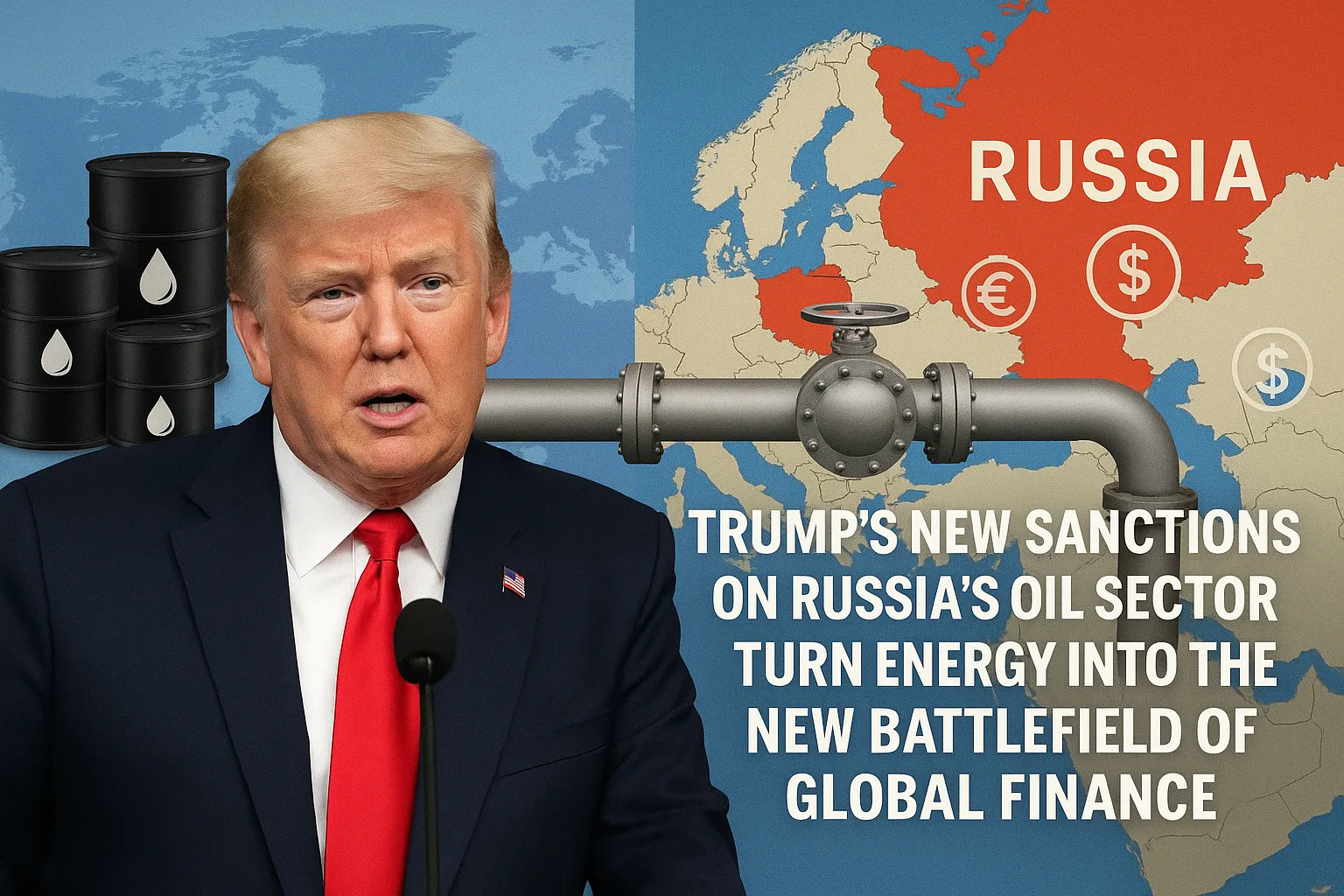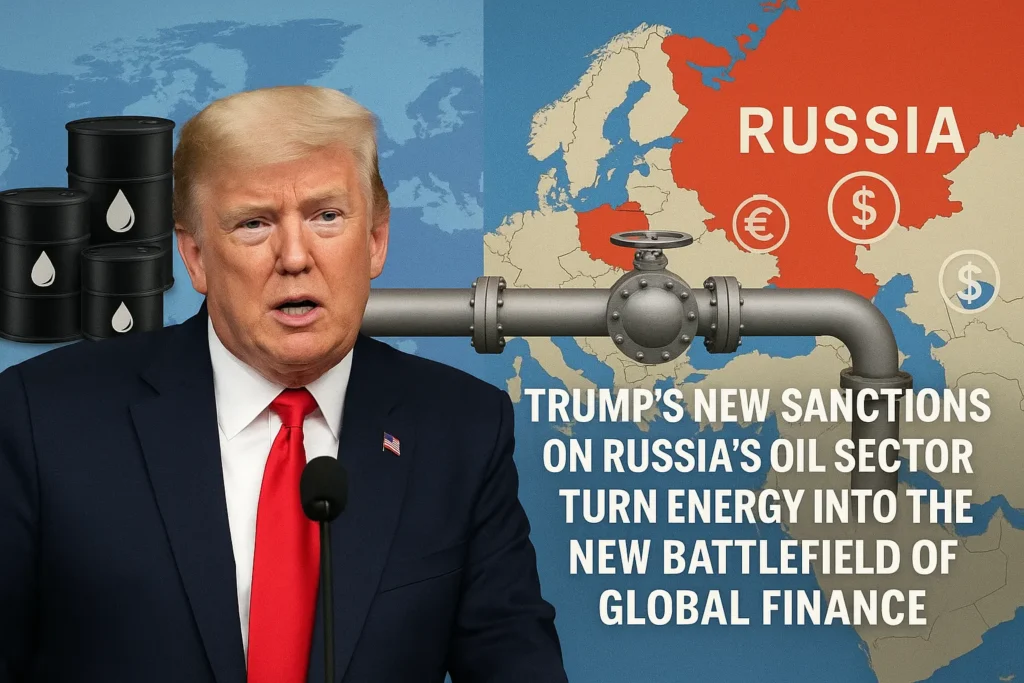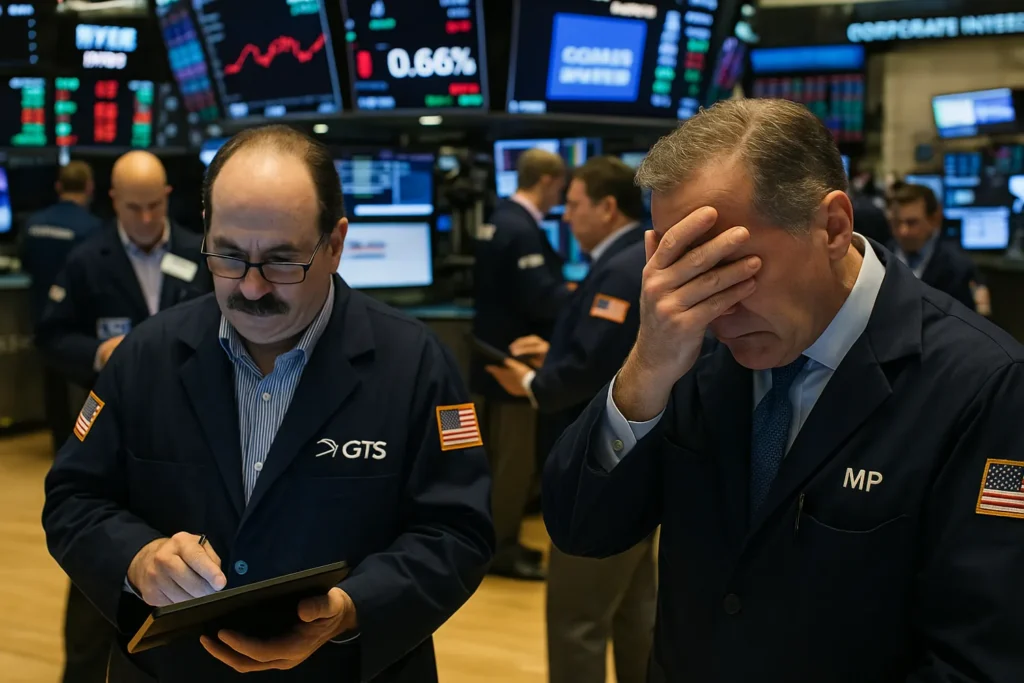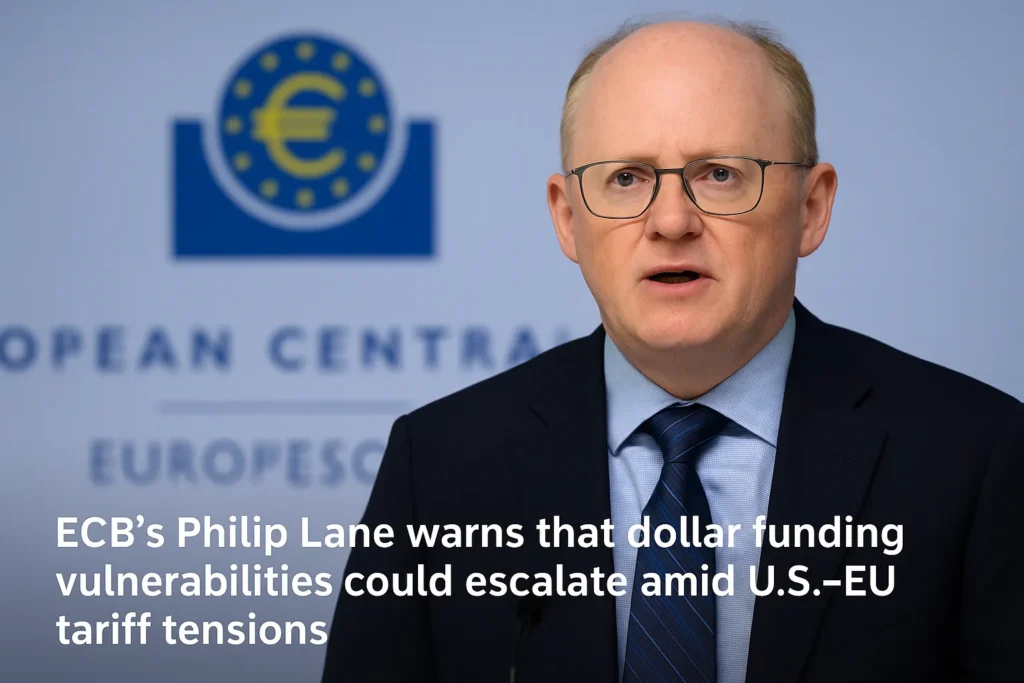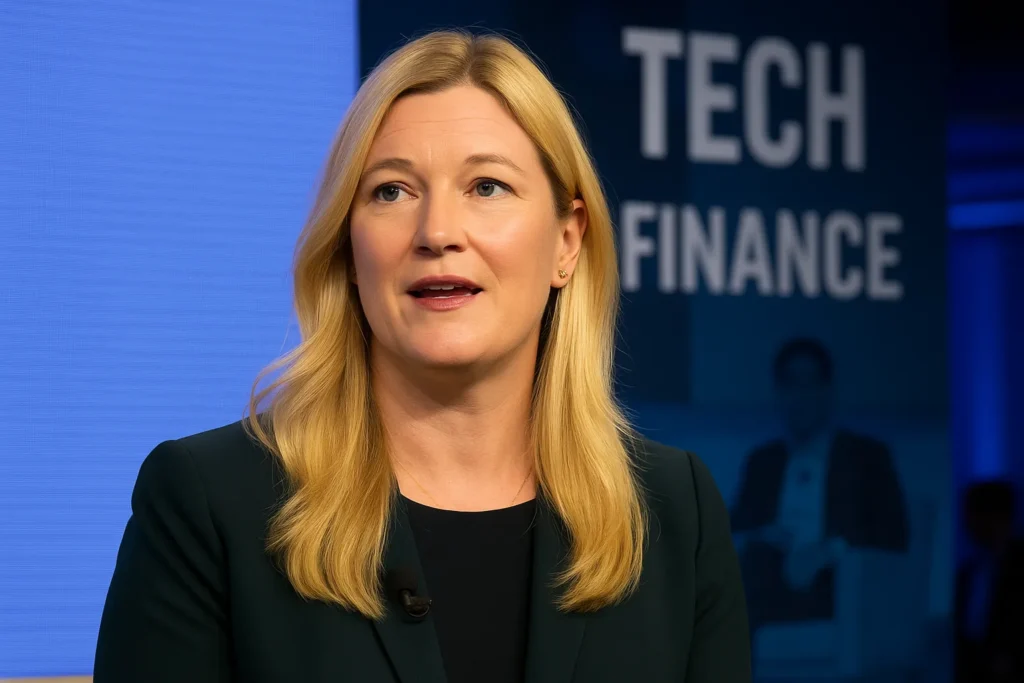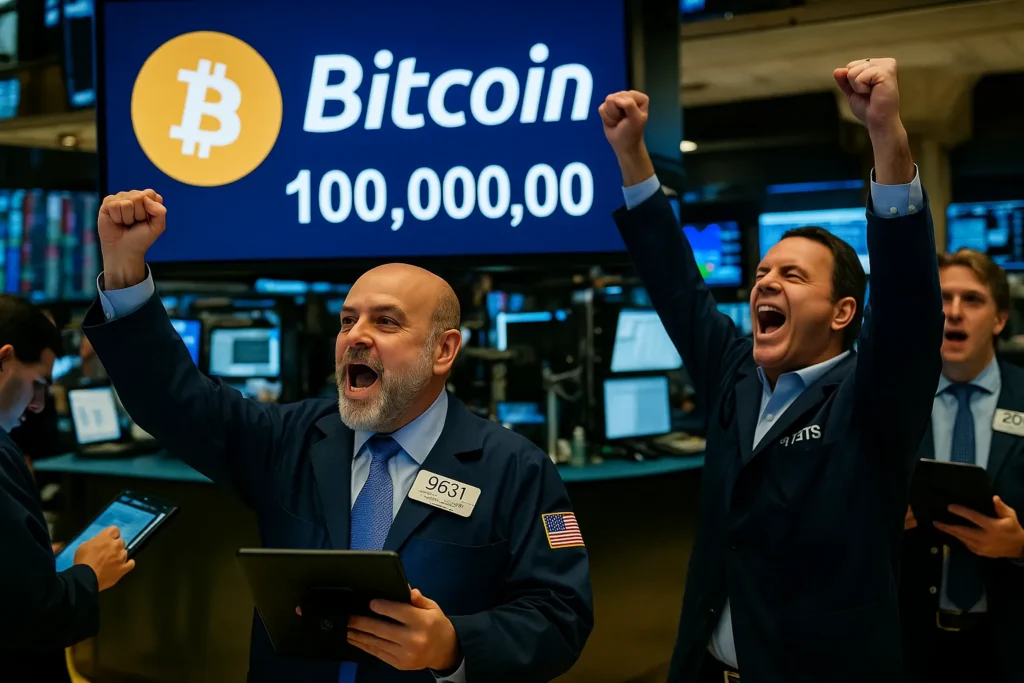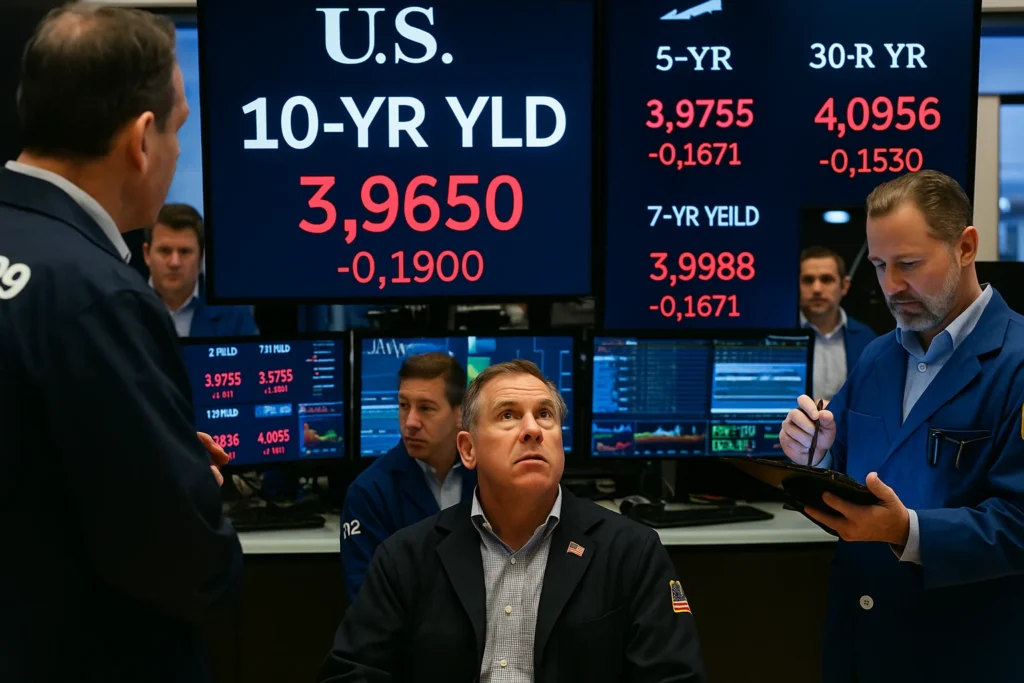The Trump Russia sanctions have redrawn the map of modern conflict. Tanks and missiles may still dominate the headlines, but the real front line now runs through global energy markets. Oil, gas, and financial flows have replaced trenches. What the White House calls “strategic economic pressure” is, in reality, a calculated escalation — a war of liquidity, not artillery.
For President Trump, the decision to hit Russia’s oil industry with the toughest sanctions yet was political theater and financial gamble combined. He promised to cripple Moscow’s revenue stream and “win the energy war.” But the result is a global shockwave that ricochets through markets from Houston to Hong Kong. As oil prices surge past $110 a barrel and investors flee into gold and bonds, the question echoes across trading floors: Who is really paying for this war?
The weaponization of energy
From the moment Trump returned to the White House, energy was always the battlefield of choice. Unlike previous administrations, which used diplomacy to contain Moscow, Trump uses the dollar as a weapon. His latest sanctions freeze Russian oil exports through key intermediaries, blacklist dozens of trading firms, and threaten secondary sanctions on any country that helps Moscow bypass restrictions.
In theory, it’s economic warfare for moral reasons — to punish aggression and fund Ukraine’s defense. In practice, it’s an attempt to rewire global energy control under American influence. The Trump Russia sanctions make U.S. energy hegemony explicit: Washington decides who sells, who buys, and at what price.
Europe, already bruised by dependency and inflation, scrambles for alternatives. Asian powers — China and India — continue buying Russian crude at discounts, undermining Washington’s “total isolation” narrative. The irony is sharp: Trump’s sanctions boost Russian profits in the short term by tightening supply, while Western consumers bear the inflationary pain.
Even within OPEC, frustration brews. Saudi Arabia’s oil minister privately called the U.S. approach “economic self-harm,” according to sources quoted by Reuters. The administration, however, seems unmoved. “America is leading again,” Trump boasted in Ohio. Perhaps — but leading whom, and toward what?
Financial markets under fire
The Trump Russia sanctions have become a stress test for global finance. In just 72 hours after the announcement, Brent crude jumped 9%, European natural gas futures rose 12%, and the S&P energy index hit a 10-month high. Wall Street traders made billions in speculative profits. Meanwhile, small economies from Eastern Europe to Southeast Asia faced immediate currency depreciation as energy import costs soared.
The U.S. Treasury insists the market “will adjust.” It won’t. Every major tightening of Russian energy flows triggers ripple effects that amplify volatility across bond markets and sovereign funds. Russia responds by cutting natural gas deliveries to “unfriendly” nations, weaponizing supply in return. The world’s most basic necessity — energy — becomes the new currency of war.
For the financial world, the Trump Russia sanctions mark a turning point: sanctions are no longer about punishment; they are about domination. The dollar’s supremacy allows Washington to dictate global liquidity. Yet that dominance carries risk. Every sanction accelerates the creation of alternatives — digital yuan settlements, crypto energy swaps, and new trade corridors bypassing SWIFT. What began as economic punishment becomes an invitation to a parallel financial system outside U.S. control.
The illusion of moral leadership
The White House narrative sells these measures as justice — “holding Putin accountable.” But to much of the world, it looks like hypocrisy. The same U.S. corporations that left Russia quietly keep stakes in third-party subsidiaries. American LNG exports soar as Europe replaces Russian gas with U.S. shipments. The winners of this “moral war” are the same energy giants that financed Trump’s campaign.
Under the Trump Russia sanctions, morality is monetized. Washington condemns aggression while profiting from its consequences. The administration’s energy policy is less about defending democracy than about securing dominance in the next global energy cycle. Oil becomes a political currency, and Trump wields it with the swagger of a casino boss who believes the house always wins.
Europe’s fractured front
In Europe, the impact is immediate and brutal. Energy-intensive industries — aluminum, fertilizers, and chemicals — slash output or relocate. Households face winter bills up 40% year-on-year. Governments scramble to explain how “strategic sanctions” turned into domestic austerity.
Germany’s finance minister warned of “systemic exposure” if prices remain elevated through spring. France pushes for energy rationing while Italy reopens dormant coal plants to fill the gap. The Trump Russia sanctions have achieved what Moscow’s propaganda could not: they made Europe question its alliance with Washington.
Meanwhile, Trump’s advisors spin the crisis as “temporary adjustment.” Yet every market analyst knows these adjustments become permanent habits — new supply routes, new currencies, new trade blocs. The longer this goes on, the more the Western economic order fractures.
Russia’s counter-strategy
Moscow, though wounded, adapts. The Kremlin redirects exports to Asia, builds new refineries, and increases gold purchases to stabilize reserves. The ruble, while volatile, avoids collapse. Putin frames the sanctions as proof of Western decline — and many in the Global South nod along.
For decades, the U.S. claimed sanctions were a tool of peace. The Trump Russia sanctions prove they are instruments of power. The Kremlin knows it cannot outspend the U.S., but it can outlast its attention span. Energy resilience, not military might, becomes Russia’s strategy.
As pipelines shift eastward and oil tankers sail under new flags, a multipolar energy world emerges. The dollar’s reach weakens slightly each time a transaction bypasses it. The White House calls this “economic containment.” In Moscow, they call it freedom.
The domestic paradox
Back home, Trump sells the sanctions as strength. “We’re beating Russia where it hurts — their energy,” he said at a rally. Yet the U.S. consumer feels the hit first. Gasoline prices are climbing. Heating costs rise before winter. Inflation pressure returns just as the Federal Reserve signals possible rate cuts. Every move meant to project dominance abroad deepens fragility at home.
The Trump Russia sanctions feed Trump’s political image — decisive, combative, patriotic — but they erode the economic base of his supporters. American truckers, farmers, and small businesses all face rising fuel costs. The president calls it “the price of freedom.” For millions of working families, it’s just another bill they can’t pay.
Wall Street, however, applauds. Energy stocks boom, defense contractors surge, and speculative capital flows back to U.S. treasuries. Once again, crisis becomes profit. The system rewards volatility, not stability.
The global reordering
Sanctions are reshaping geopolitics faster than any treaty could. BRICS countries accelerate de-dollarization. Gulf states explore settlements in yuan. Even NATO allies quietly complain that U.S. energy dominance has replaced solidarity with subordination.
The Trump Russia sanctions are not just about Russia — they are about who controls the future of money and power. By turning energy into a geopolitical weapon, Trump may have unleashed a new Cold War fought not with armies, but with algorithms and asset flows.
And yet, amid the chaos, a question lingers: if everyone weaponizes everything — energy, currency, trade — who rebuilds trust?
The reckoning ahead
In 2025’s global economy, every barrel of oil carries moral weight, every transaction a political cost. The Trump Russia sanctions will go down as a pivotal moment — when the West’s financial dominance began to cannibalize itself. The short-term winners are clear: American exporters, hedge funds, and energy multinationals. The losers are everyone else — consumers, small economies, and the fragile illusion of a rules-based world.
History will not remember this as leadership. It will remember it as overreach. When a democracy imitates the behavior of the autocrats it condemns, its moral authority evaporates. The world is watching, and this time, it’s not buying the narrative.
In the end, the war over Ukraine may fade. The war over energy will not. Trump’s sanctions have opened a front that no ceasefire can close — a global struggle over who controls heat, light, and life itself.
External Links:
18 views
